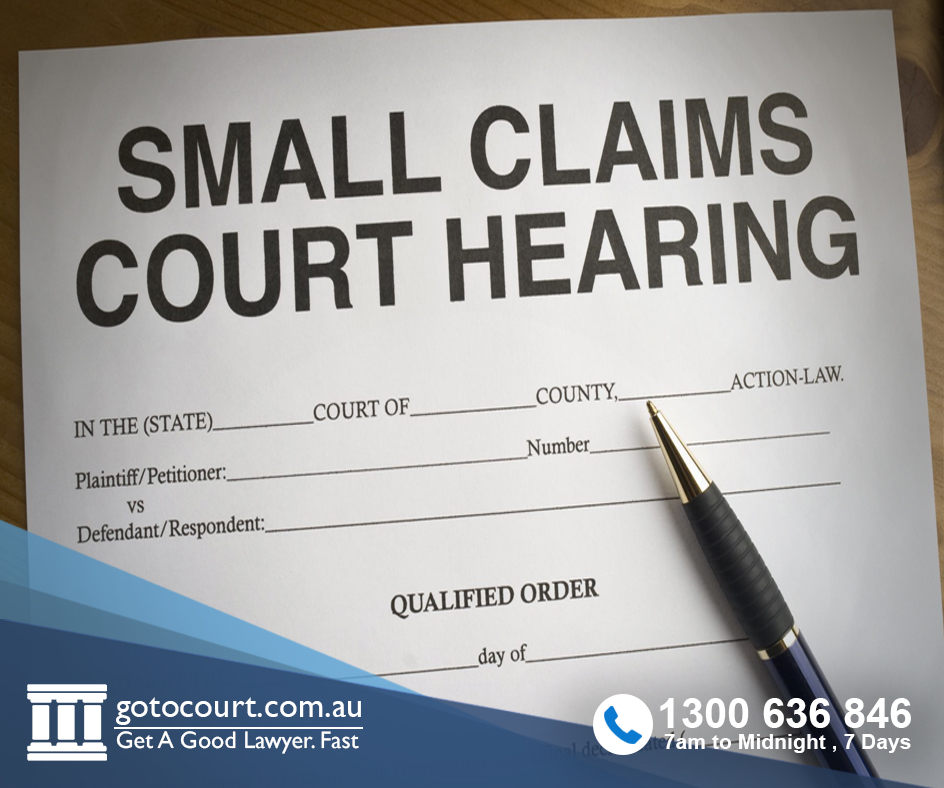Defamation in Western Australia
Defamation in Western Australia is a civil action, known as a tort. It is broadly defined as the publication of unsubstantiated facts that hurt an individual’s reputation or suggest that someone should be shunned, avoided, hated, ridiculed, or treated with contempt. Defamation was developed in the British common law system, which made a distinction between two versions of defamation – slander and libel. Slander is defamation via spoken words while libel is defamation via written words.
The distinction between the two versions of defamation was abolished in Western Australia when it, along with Australia’s other territories and states, adopted uniform legislation. The purpose of adopting the uniform legislation was to promote non-litigious avenues for resolving disputes involving defamation, provide remedies, and not unreasonably limit freedom of expression throughout Australia.
Defamation in Western Australia is contained in the Defamation Act 2005. This Act modified the common law and repealed previously applicable laws relating to libel and slander.
What is defamation in Western Australia?
In Western Australia, if an individual’s reputation is tarnished by another who has published untrue statements about that person, the individual with the tarnished reputation may have a cause of action for defamation.
The individual who believes their reputation has been tarnished is known as the ‘aggrieved’. A ‘publisher’ is the person who published the defamatory statement.
‘Publication’ is broadly defined in Western Australia’s Defamation Act to include all written forms of communication as well as speech. Speaking to another person who is not the aggrieved in a way that tarnishes the reputation of the aggrieved may be sufficient for a defamation cause of action.
Today, written forms of communication which may be defamatory include:
- writings
- printed media
- blog posts
- social media statuses and updates, and
- drawings.
Because the internet has provided many social media platforms for individuals to publish statements that are potentially defamatory, defamation has become increasingly pursued. The law of defamation does not hold the internet platform, service provided or content host liable for defamatory statements published on their platform without their knowledge. However, if an individual copies and pastes, emails, or links to defamatory information, they are considered a publisher for defamation actions.
Bringing a claim for defamation in Western Australia
A cause of action seeks to recover costs for harms caused by a tarnished reputation.
If you are an aggrieved in Western Australia, as a result of what is commonly known as the statute of limitations, you have one year to bring a claim against the publisher. In some extenuating circumstances, the limitation period may be extended.
Corporations that employ fewer than 10 people and public bodies cannot bring a cause of action for defamation. You cannot bring a defamation claim against a deceased person.
If the publication is made only in Western Australia, then Western Australia’s Defamation Act will apply. When a publication is widespread and crosses multiple jurisdictions, then the applicable law will be that of the jurisdiction that is closest to the harm.
Elements of a claim of defamation in Western Australia
Under the Defamation Act, there are five elements to a cause of action for defamation in Western Australia:
- Publication – this is broadly defined and includes verbal statements and all statements that can be read.
- Of defamatory content – either false information, an imputation, or a representation that leads another person to believe false information. If an aggrieved’s reputation is or reasonably could be damaged by the lie or imputation, then it is defamatory.
- To another – the publication must be public, which means it must be made to someone other than the aggrieved.
- Identifying a person – if the aggrieved is not identifiable from the lie or imputation, then no defamation has occurred.
- Without lawful excuse – if there is a legal reason as to why the publisher published the information, any defamation is excusable.
Defences and excuses
Even though a publisher might make a statement or otherwise publish information that seems defamatory, they may have a defence or excuse. These include:
- Truth – otherwise called justification, where the publication was true, there will be no defamation.
- Contextual truth – the publication was substantially true so any imputation could not have harmed the aggrieved.
- Qualified privilege – the publication may have been defamatory, but the publisher was obliged to publish it for a legal, moral, or social reason and so is excused from liability.
- Absolute privilege – no action for defamation will lie if the publication was made during a parliamentary debate, in a court, or tribunal judgment.
- Public document – if the defamatory content has also been published in a public document that is a parliamentary debate, tribunal or court judgment or other public government publication, no liability will lie for republication.
- Fair report – a publication in a fair report of public concern is not defamatory.
- Honest opinion – a publication which is not read as a fact, but merely as someone’s honest opinion is not defamation.
- Innocent dissemination – no liability will arise where the publication distributor did not know about the defamatory content, or did not write, create, or control the content or what was said.
- Parody – a publication which is obviously a parody or satire is not defamatory.
- Triviality – where a publication is too trivial or inconsequential to cause harm, the publisher will be excused from liability.
Offers to make amends and apologies
One of the main purposes for adopting uniform legislation was to provide non-litigious remedies to defamation. Because defamation in Western Australia is damage to someone’s reputation, an offer to make amends is a quick way to resolve a defamation dispute.
If an aggrieved pursues an action, a publisher can make an offer of amends within 28 days after they have received notice of the action. This offer must be in writing and contain an offer to pay the aggrieved and make a correction to the publication. If an offer is reasonable but the aggrieved rejects it, the publisher will have a defence to the defamation action. An offer to make amends is a quick way of avoiding litigation.
It is always a good idea to apologise if you have published something defamatory. Apologies cannot be considered evidence for liability purposes, but may mitigate the amount of damages payable.
Criminal defamation in Western Australia
Like most jurisdictions, Western Australia has a criminal component to defamation.
Where a publisher knows that, or does not care whether, a statement is false and had the intention of causing serious harm, then they may be charged with criminal defamation.
Publishing a malicious defamatory statement may result in a fine of $12,000 and imprisonment for up to three years.
If you require legal advice or representation in any legal matter, please contact Go To Court Lawyers.
T








